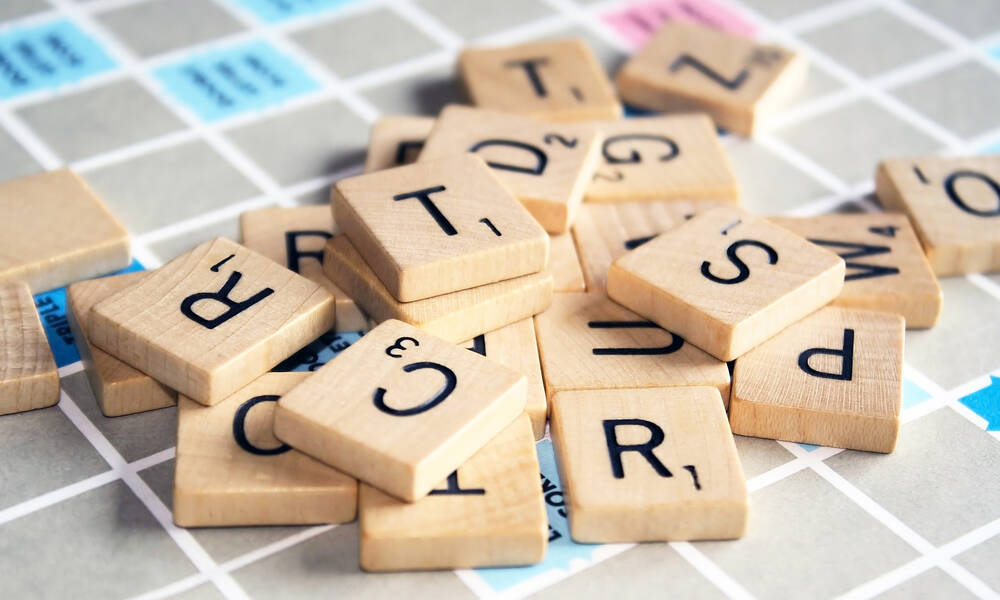
The Global Scrabble List Expands, With Association Help
While dictionary-makers ultimately add new terms to the official Scrabble list, associations dedicated to the game offer input that can sometimes prove controversial. Just ask critics of “OK.”
The organizational bodies that decide on the words that can be used in Scrabble announced a number of changes recently, but admittedly, not everyone is “OK” with every change.
This week, the official international Scrabble dictionary, published by the British firm Collins, received about 2,800 word additions, its first expansion since 2015. The move comes months after American publisher Merriam-Webster, responsible for the Scrabble list in the U.S. and Canada, updated its list. The list of new changes affects more than just casual gamers—organizing bodies, such as the North American Scrabble Players Association (NASPA), have traditionally worked with Merriam-Webster and other companies to pinpoint new words for the popular dictionary and keep Scrabble up to date with the times.
The additions to the international dictionary include some terms added to the U.S. word list, such as “Zen,” “sriracha,” and “yowza.” In a boon for obscurists, there’s one new q-without-u word that’s allowed, the Azerbaijan-based monetary unit qapik.
But no single change has been more controversial than the move to bring two-letter “OK” (6 points) to approved gameplay. A handful of major Scrabble stars spoke out against the change, pointing out that the two-letter word is often considered an abbreviation.
“It is my feeling that the only way you could find citations for OK without periods between the letters and in lower case is from people typing quickly and conveniently in text messages and on the internet,” argued Joel Sherman, a former world champion, in a New York Post article last year. “This form of printing that word would be rejected by professional editors in published material.”
John Chew, a co-president of NASPA, admitted in comments to The New York Times that the change to “OK” was more likely to find support among casual fans than purists like Sherman. Chew noted to the newspaper that the fact that such a common word—a relatively valuable one at that—wasn’t allowed was a deterrent to new fans. The belief it might not be a full word caused significant debate.
“Eventually, we came down with the point that we’re not sure if it’s an initialism, so we should give it the benefit of the doubt,” Chew explained. “I’d say 95 percent of the people in the community agreed with the decision, but the 5 percent of people who disagreed were disproportionately loud.”
It wasn’t the only short-but-valuable word added to the repertoire of competitive Scrabble—also added to the U.S. list last year was “ew” (5 points), though one word left off the list at the behest of competitive players was the baseball term “RBI.” It would have been worth 5 points, in case you were wondering.
(Rena/iStock Editorial/Getty Images Plus)






Comments